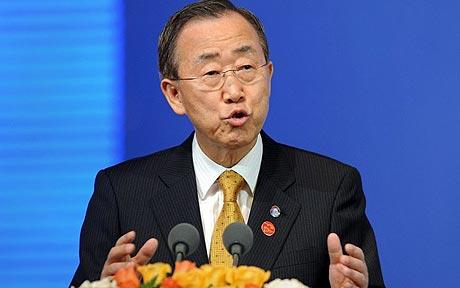Head of State Information Service (SIS) Diaa Rashwan handed a memo during a meeting on Tuesday to Safaa Faisal, BBC bureau chief in Cairo, regarding the controversial report published about Egypt’s human rights.
The report titled “The Shadow over Egypt” included that a young Egyptian woman named Zobaida Ibrahim was forcibly disappeared and tortured by security forces. BBC published this information according to Ibrahim’s mother.
However, last week, the young female appeared with prominent Egyptian TV host Amr Adeeb and denied what was reported by BBC during the interview, which resulted in Egypt’s National Media Authority deciding to boycott BBC.
During the meeting, Rashwan requested an apology from BBC over the “false information” reported by BBC, “which mounted to counterfeiting and fabrication.” The journalist insisted on his stance, as this was his second call for an apology from BBC.
After the report, which was prepared by Orla Guerin, former BBC correspondent in Egypt, and published on 23 February, SIS strongly rejected the report and requested to meet Faisal to discuss the issue.
At the same time, Rashwan sent an official letter to BBC’s head office in London and requested taking necessary professional and administrative measures to rectify the mistakes and violations in the report.
For her side, Faisal stressed the BBC’s appreciation for the dialogue, which she described as “constructive”, that took place between heads of SIS and senior BBC officials in London and said that BBC will review the memo and respond to it as soon as possible.
She also expressed her gratitude for Rashwan’s affirmation that the freedom of media coverage and the right to obtain information is guaranteed for all accredited media outlets in Egypt, including BBC, within internationally-set rules.
Upon publishing the report, SIS criticised the report, saying that it includes “lies and allegations,” and said that it reflects the correspondent’s “biased personal views and impressions, without any factual basis, in violation of internationally recognised professional norms and those of the BBC itself.”


